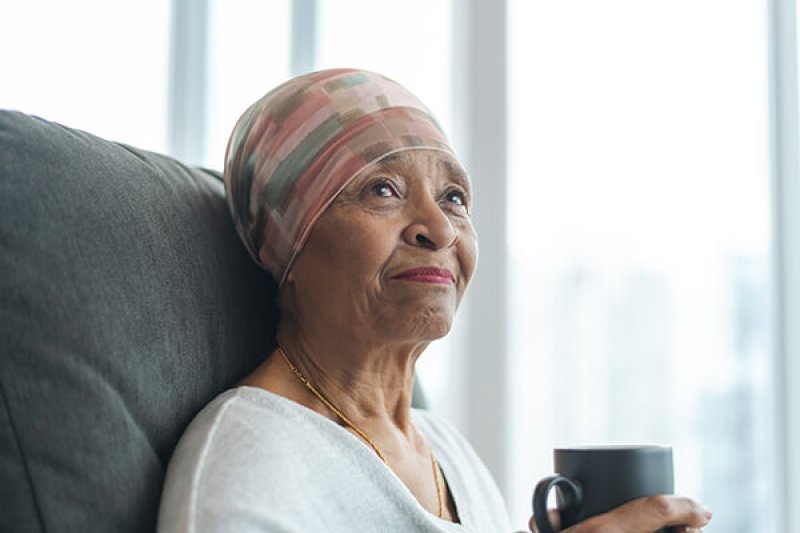Facing conflicting guidance and logistical chaos, many cancer patients are struggling to navigate the bumpy rollout of the Covid-19 vaccination campaign. Ideally, cancer patients who take immunosuppressant medications should receive vaccinations under the care of a doctor, or in a cancer center, where they can be closely monitored and encounter fewer people than they would at a mass distribution site. But the limited availability of the vaccine, plus the havoc and confusion surrounding the rollout, leaves patients grasping for answers.
“It’s really frustrating when you’re a stage four cancer patient and you can’t get on the list,” said Connie Johnson, 62. “Cancer is a life sentence. But Covid is a death sentence.”
Ms. Johnson is part of a Facebook group for cancer patients, many of whom express rage and frustration over the vaccine roll out. “It’s a full-time job just managing chemo and side effects,” she said. “To have to go through all of this confusion — I think a lot of them are going to throw up their hands.”
According to the American Cancer Society, initial studies testing the Covid-19 vaccines did not include people receiving treatments, like chemotherapy, that suppress the immune system… As a result, it’s not clear how cancer patients in active treatment will respond to the vaccine.
“This has been a complete — I won’t say disaster, but it’s been pretty close,” said [hematologist] Dr. Hanny Al-Samkari.































